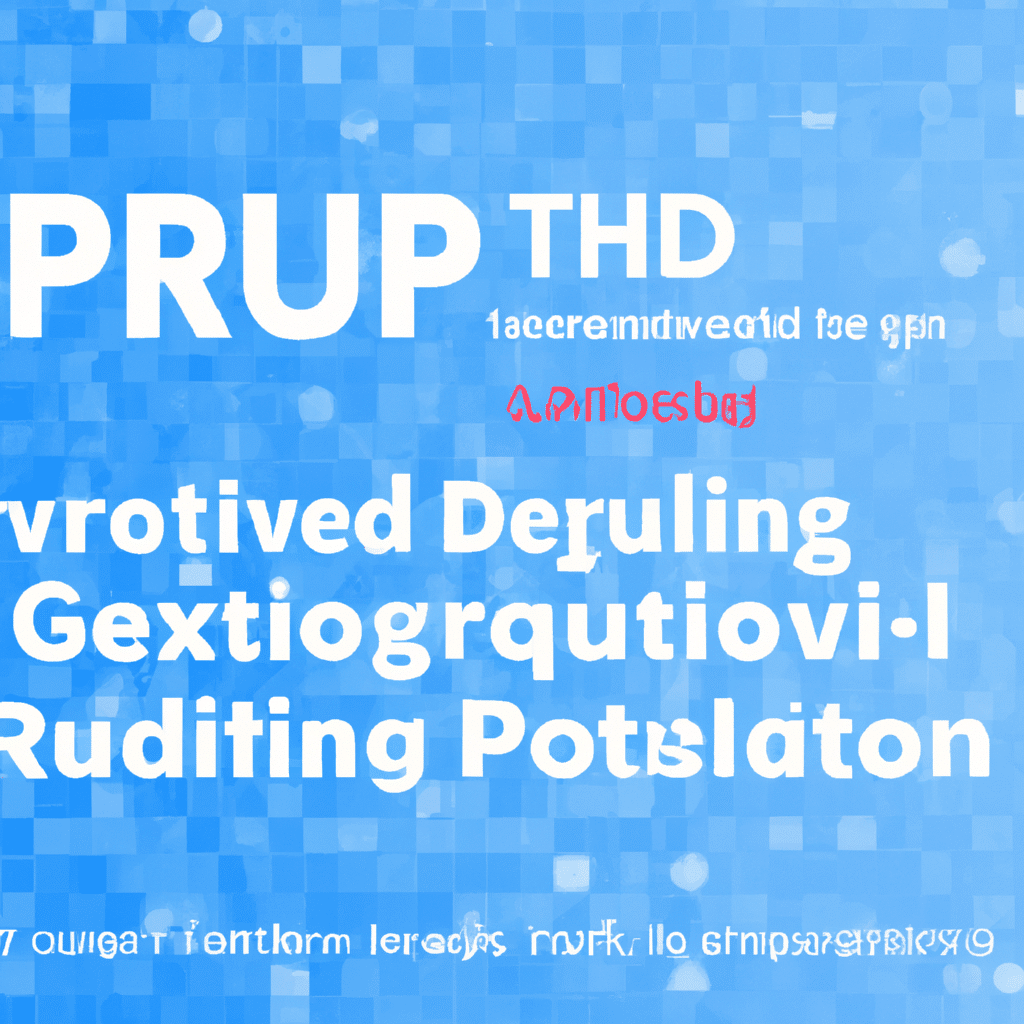AI To The Rescue: Oxford University’s Revolutionizing Drug Prescription
Hello world! Drop your lozenges and fling your pills one side, because artificial intelligence is stepping into the arena of prescription drugs. Driven by Oxford University’s astounding genius, collecting music degrees or debugging software just got a less exciting for AI, now that it is tasked with fixing human goof-ups in medication.
Key Pointers:
- You don’t need to flash your medical degree to figure out that drugs are super critical in the world of medicine, but they occasionally turn into an epic game of Chinese whispers between doctors and patients. Oxford University’s new AI tool, DrugGPT, is all set to referee this chaotic match.
- Remember those 237 million medication errors made annually in England? Yeah, those no-fun mix-ups where doctors bungle prescriptions or when patients conjure their own rules about popping the pills. DrugGPT is ready to swoop in, cape flapping, to reduce these gigantic numbers.
- The AI is not just looking to correct potentially harmful doctor-error. It’s taking a step ahead to prevent patient-error too. DrugGPT is programmed to serve insightful information about ‘why’ and ‘how’ a patient should take their meds, ensuring they don’t treat their antibiotic course like a treasure hunt.
Final Thoughts:
In the grand race of man vs machine, we often fear being outsmarted by our silicon cousins. However, this marvelous application from Oxford University reminds us that AI is more a helpful sidekick than an intimidating rival. Here’s hoping we embrace the aid of machines like DrugGPT in healthcare, and prescription mishaps become as rare as winning your local pub’s trivia night. Who knew AI would get its hands dirty to keep ours squeaky clean? Stay tuned for more interesting updates in the world of artificial intelligence. Until then, supervise that medication you drama kings and queens!
As part of this experiment I would like to give credit where credit is due. If you enjoy these, please take a moment to read the original article:
https://www.theguardian.com/science/2024/mar/31/druggpt-new-ai-tool-could-help-doctors-prescribe-medicine-in-england
Blog Title
AI: gpt-3.5-turbo-0125: chatcmpl-98kRWuaQ0Fmbgom73STUN1wVL0YDd
Instruction: “You are an AI blog title generator. Create a catchy and concise title for the blog post that is catchy and optimized for search engines. Remove all html in the response and do not use quotes. Please do not use words that are unsafe to process in Dall-E image AI.”
Prompt: Content Summary of text from above.
Response: Revolutionizing Drug Prescription: Oxford University’s AI Tool “DrugGPT” Reducing Medication Errors
Image Description
AIgpt-4-0613:chatcmpl-98kRbDjVy1lDv1sFMgAtKto9SAHC5
Instruction: “You are a helpful assistant that creates unique images based on article titles. Create a brief visual description of what an image would look like for this title. Please pick a style of art from the following: Futurism, Impressionism, Romanticism, or Realism, be sure to consider the image should reflect an AI Robot Pirate theme during the Golden Age of Pirates.”
Prompt: In the style of Futurism, the image is a montage of dynamic, geometric forms. At the center, a sleek AI robot with Oxford University’s insignia is seated at a sophisticated control panel. It’s examining a holographic projection of a complex chemical structure, symbolizing the “DrugGPT” tool. Around it, there are faint holographic images of drugs and prescriptions, representing the AI’s deep understanding of medications. The backdrop has system error symbols crossed out, illustrating reduced medication errors. Everything is rendered with a mechanical precision and edge to emphasize the transformative artificial intelligence aspect.
Response: Revolutionizing Drug Prescription: Oxford University’s AI Tool “DrugGPT” Reducing Medication Errors



